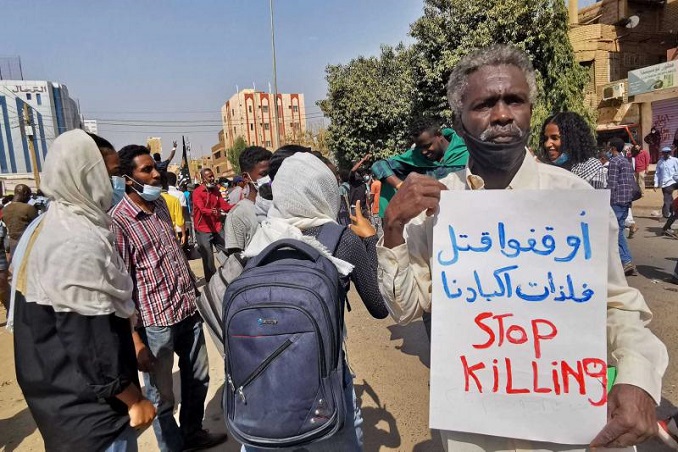Last updated on June 14th, 2022 at 02:27 pm
On Wednesday, hundreds of Sudanese demonstrators gathered in front of the United Nations mission in Khartoum, the country’s capital, to demand that the mission be withdrawn. Supporters of Islamist groups were among the protesters. They didn’t like what UN envoy Volker Perthes was doing to solve the political crisis that has been affecting the country since the military coup the year before.
It is imperative that Volker go now, in order to avoid being late tomorrow. If he does not comply, we shall remove him from the premises by any means necessary. We will not make any pleading statements, nor will we produce papers or give speeches [before the UN]. It will be accomplished through force, specifically through direct coercive power. “Mohammed Sayed, a Sudanese demonstrator, threatened. At about the same time as the protests, the United Nations Security Council was talking about whether or not to keep the mission going after June 3.
Related Posts
A great number of people have leveled the accusation that the envoy has interfered in the internal affairs of Sudan. “Volker eventually made it his mission to involve parties [of the Forces of Freedom and Change] back in the society of the Sudan. These political parties have widespread opposition in Sudanese society. Exclusion and retribution are two byproducts of the labor that these self-interested individuals do for their own gain. “We are not going to back down and we are not going to stop fighting until the issues that have been plaguing Sudan are handled there by the people of Sudan,” Ahmed Ali, a second Sudanese demonstrator, stated their opposition to the government.
The United Nations mission, the African Union, and the Intergovernmental Authority on Development (IGAD) have all been working together to try to make it easier for Sudanese officials to lead negotiations aimed at resolving the situation. On Sunday, the chief of the military, Abdel Fattah al-Burhan, abolished the state of emergency that had been in place since the coup in order to pave the way for “serious discussion” that will bring about stability throughout the transitional period. After a meeting with top military officials, where it was also suggested that people who were arrested because of an emergency law be set free, a decision was made to follow the suggestion.

